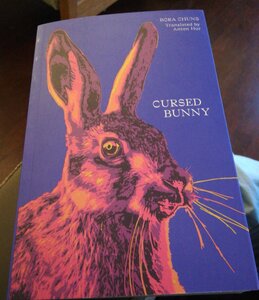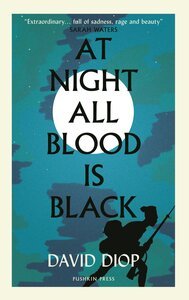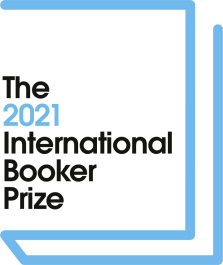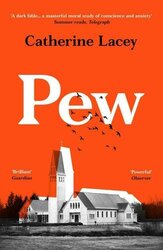The official winner of this year’s International Booker Prize will be announced later today. Before then, it’s time to announce the shadow panel’s winner. We choose a winner from our own shadow shortlist, so sometimes it matches the official result, and sometimes… Well, read on.
This was our tenth year of shadowing the International Booker (and its predecessor, the Independent Foreign Fiction Prize), but it was also a year of some firsts. We were able to meet virtually via Zoom for the first time – no mean feat when we have members in the UK, Australia, India and USA. We also introduced a ‘Eurovision-style’ scoring system for the shadow shortlist, where each panel member ranked the titles and gave them 10 points, 7, 5, 3, 2 and 1. After adding up the scores, we can now reveal the results:
In 6th place, with 25 points… Wretchedness by Andrzej Tichý (tr. Nichola Smalley).
In 5th place, with 31 points… At Night All Blood Is Black by David Diop (tr. Anna Moschovakis).
In 4th place, with 37 points… The Employees by Olga Ravn (tr. Martin Aitken).
In 3rd place, with 39 points… When We Cease to Understand the World by Benjamin Labatut (tr. Adrian Nathan West).
In 2nd place, with 52 points… In Memory of Memory by Maria Stepanova (tr. Sasha Dugdale).
Which means our shadow winner, with a grand total of 68 points, is…
Minor Detail by Adania Shibli (tr. Elisabeth Jaquette)
This is only the second time in shadow panel history that our winner hasn’t appeared on the official shortlist. It’s also another strong showing for Fitzcarraldo Editions, who have published four of our five shadow winners since 2017, and took the top two slots this year.
Congratulations to the shadow winners, and thanks to my fellow shadow panellists: Tony, Stu, Bellezza, Vivek, Frances, Areeb, Barbara and Oisin. It’s been another fun year – I wonder what the official jury will have chosen?
Read my other posts on the 2021 International Booker Prize here.
Like this:
Like Loading...









Recent Comments